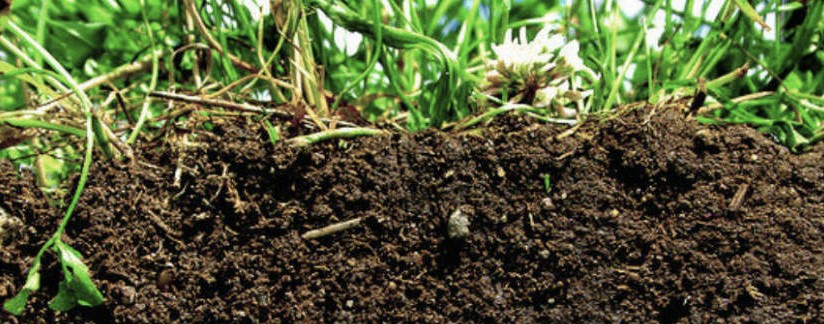‘Soil Health’ is a relatively new term that is being discussed more and more by farmers, growers, agronomists and researchers.
But a key question is what constitutes a ‘healthy soil?’ Lisa Black, senior scientific officer at the Agri-Food and Biosciences Institute (AFBI) Crossnacreevy site, explains that this will vary depending on location, land-use and intensity of the production system.
“In Northern Irish agricultural systems, the primary soil functions include biomass production (grass and grain), regulation of nutrients and water in soils and maintenance and enhancement of soil carbon stocks,” she said.
“In terms of soil health, the real challenge is defining the concept and to determine what are the key characteristics,” Black added.
“Soil testing generally uses chemical and physical parameters but the importance of generating information on soil biology is now being acknowledged.”
In Northern Ireland, AFBI is conducting a four-year department-funded soil health project is measuring key soil chemical, physical and biological characteristics in soils from experimental plots in long-term experiments and on farms across NI.
On-farm sampling will commence in 2018 with a range of grassland and arable fields due to be sampled.
Some of the biological characteristics being measured include microbial biomass, relative numbers of soil fungi to bacteria, soil enzyme levels, soil functionality and earthworm numbers.
“The project aligns with similar work being carried out by the Agriculture and Horticulture Development Board Soil Biology Soil Health project and both will contribute to a new initiative for soil health,” Black explained.
“The initiative will bring together scientists, academics, industry farm advisers and farming bodies to take a long-term approach to understanding and improving the health of soils across UK farmland for generations to come.”
The AFBI project aims to develop guidelines for policymakers, farmers and growers on how to achieve sustainable soil health in Northern Ireland.
Farm Family Key Skills is a scheme under the Farm Business Improvement Scheme, which is part of the Rural Development Programme 2014-2020 and receives co-financing from the European Agricultural Fund for Rural Development.

